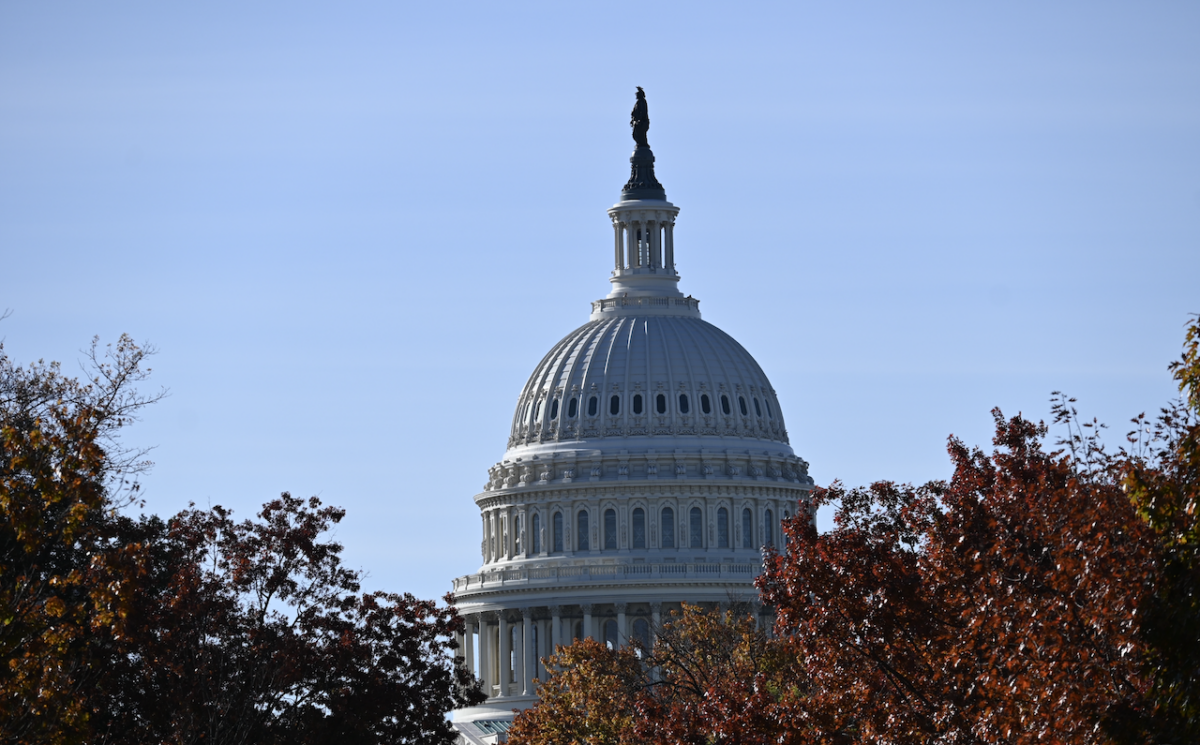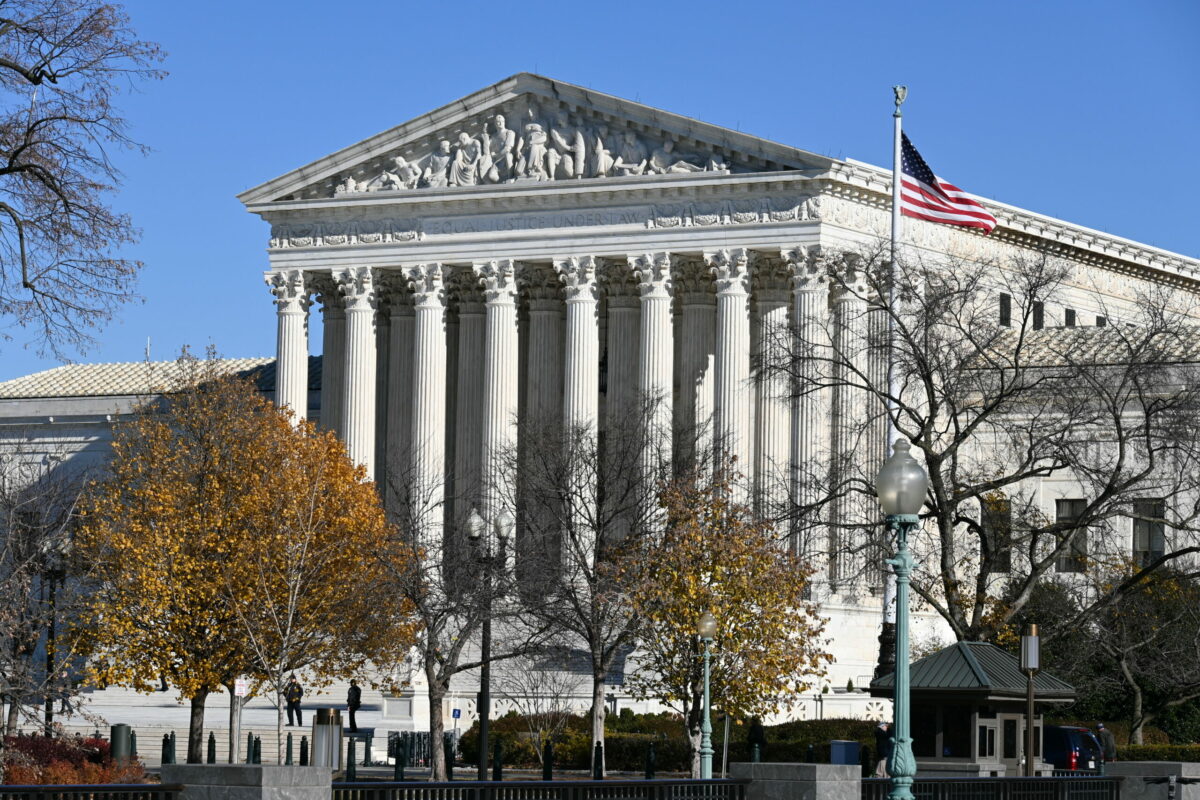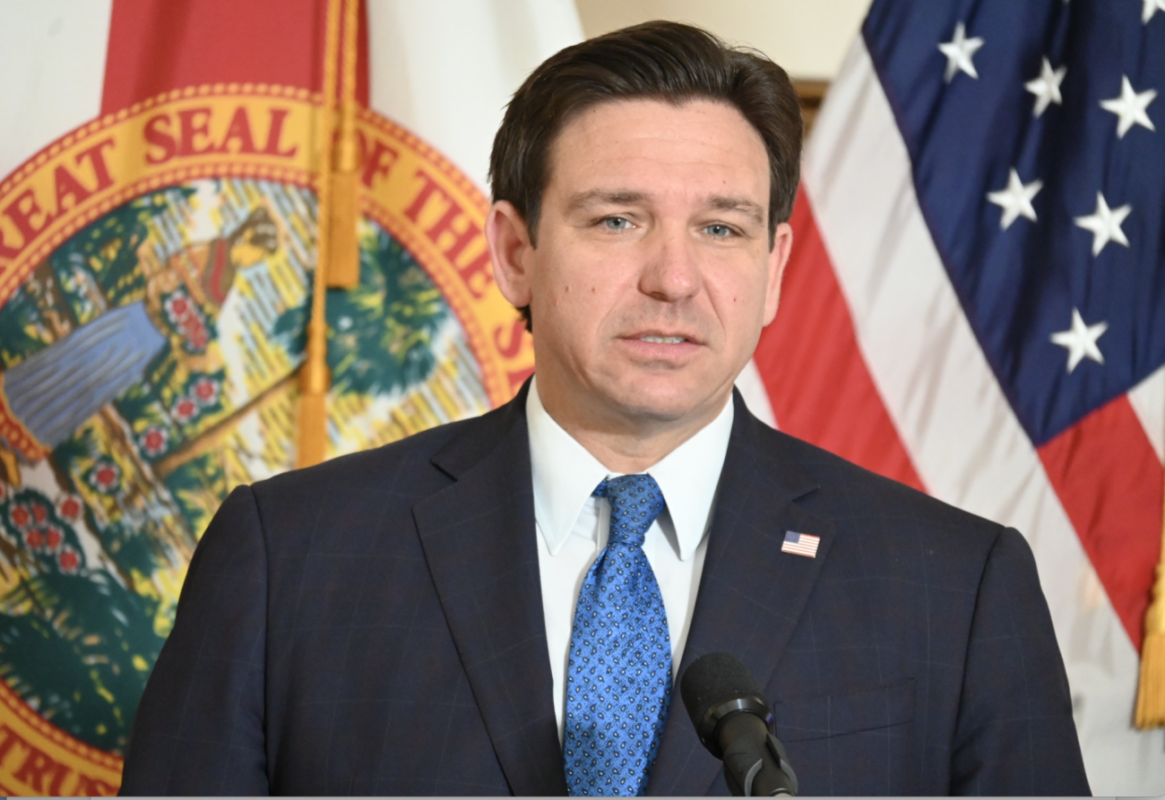By Mandy Gunasekara
In 2020, the U.S. Environmental Protection Agency (EPA) announced a first-of-its-kind ambitious goal under the Trump Administration to achieve a 50 percent national recycling rate by 2030. This goal was not only a much-celebrated environmental win by the vast array of diverse states and stakeholders, including Florida, it was also the culmination of coordinated support by the Department of Energy and the National Institute of Standards and Technology. Even on Capitol Hill, 2020 saw the most recycling-related legislative activity ever.
For years, states like Florida that had long-standing, specific recycling goals actively sought this level of national policy interest and support. Despite the recent alignment and resources that go along with it, meaningful progress for strengthening domestic recycling stands to be thrown away by harmful state-level policies currently making their way through the Florida legislature.
Two bills - Senate Bill 1764 and House Bill 1419 – if passed, would be a boon to the wrong type of waste management technology – trash incineration. Florida is home to the largest collection of legacy trash incinerators in the country. If passed, the bills would channel taxpayer subsidies towards expanding and shoring up outdated incinerators across the state. As if “investing” in yesterday’s trash treatment technology is not bad enough, this action would also divert otherwise recyclable material to trash burning facilities literally turning reusable commodities into ash.
Such a policy flies in the face of basic recycling standards which are built on extending the useful life of products and materials as long as possible to the benefit of local jobs, environmental outcomes, and a more circular economy. Not giving up and lighting them on fire.
But for high-dollar marketing campaigns attempting to rebrand burning trash and recyclables into more palatable “waste to energy” operations, the legislature wouldn’t be considering expanding their relative footprint. Most trash incinerators were built in the 1970s and 1980s which was well before today’s heightened environmental and public health standards were evenly weighed in the development of local infrastructure. As a result, high costs and negative impacts to local communities are on-going by-products of these facilities.
Despite the shiny new literature, producing energy from burning trash is both inefficient and extremely costly. On average, one megawatt-hour of power generated from trash costs $8.33 compared to only $4.25 for pulverized coal and $2.04 for nuclear. These high costs are also why they are so reliant on taxpayer subsidies – without this type of heavy-handed support, they couldn’t exist.
On the environmental side, trash incineration comes with a range of negative impacts. National data shows communities close to trash incinerators are exposed to six times more mercury per unit of energy generated than coal plants. Further concerning, many of the communities located near incineration facilities are populated by some of our nation’s most vulnerable that historically proved easy to ignore. Making matters worse, there is more recent concern that trash incinerators are releasing Per- and Polyfluoroalkyl Substances, more commonly referred to as PFAS chemicals. These chemicals have been the subject of growing public concern, which prompted the U.S. EPA to issue an action plan to address it.
Despite the range of complicating issues, the state has allowed the burning of trash and recyclables to qualify as "renewable energy recycling credits.” Every one megawatt-hour of energy produced by burning trash as fuel counts as 1 ton of recycled material and can be applied toward meeting state or county recycling goals. Two out of the three largest counties in Florida are currently meeting their respective 75 percent recycling goals by use of these so-called renewable energy recycling credits.
Important to understand, this incentive was meant to be a temporary bridge to a more robust recycling system. As a recent Department of Environmental Protection Report put it, today renewable energy credits are realized from materials sent for incineration, but future expectations will leverage economies of scale to divert as much recyclable material to processors and obtain full recycling credit. The problem with SB 1764 and HB 1419 is that they would transform this temporary policy and turn it into a more permanent, taxpayer-funded barrier to Florida realizing a better waste management future.
In recent years Florida has struggled to meet its own state recycling goal, but the overall plan remains on solid ground. In the face of these challenges, lawmakers should not get distracted by waste management options such as SB 1764 and HB 1419 that commit taxpayer resources to aged-out incineration technology that come with a series of economic and environmental implications, and work counter to the state truly realizing a more sustainable, recycled future.
Mandy Gunasekara is the former Chief of Staff at the U.S. Environmental Protection Agency under the Trump Administration.












